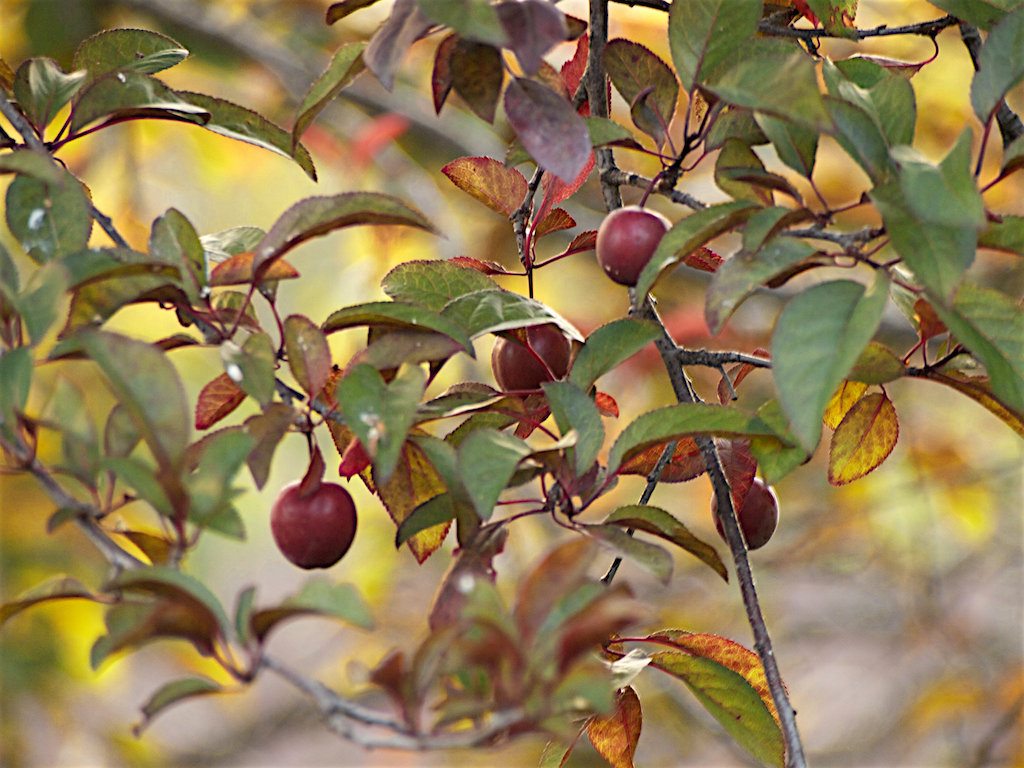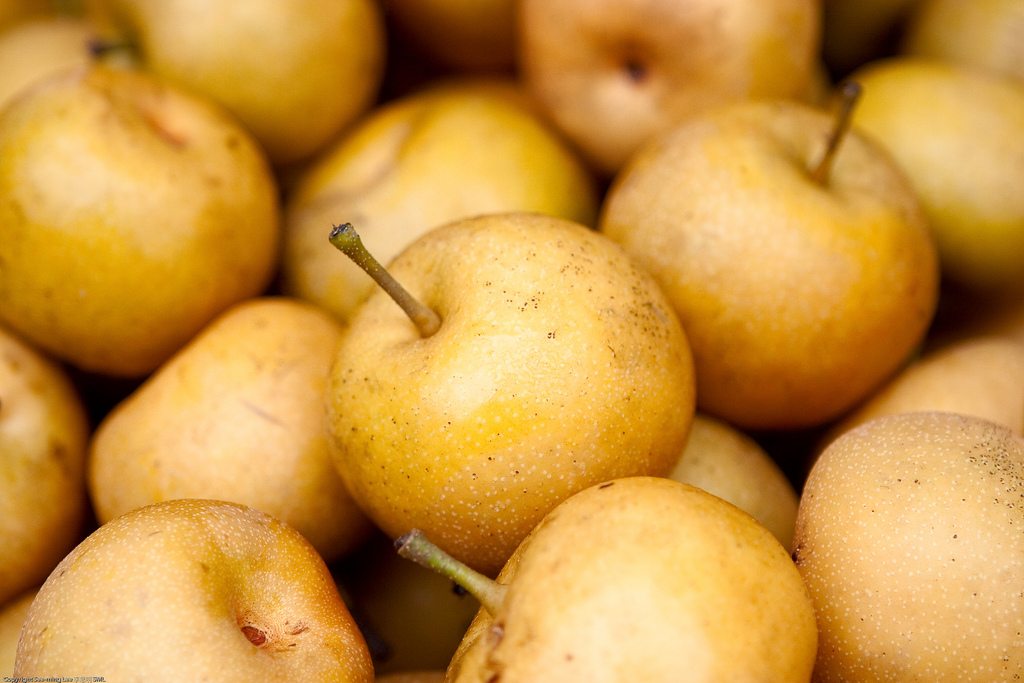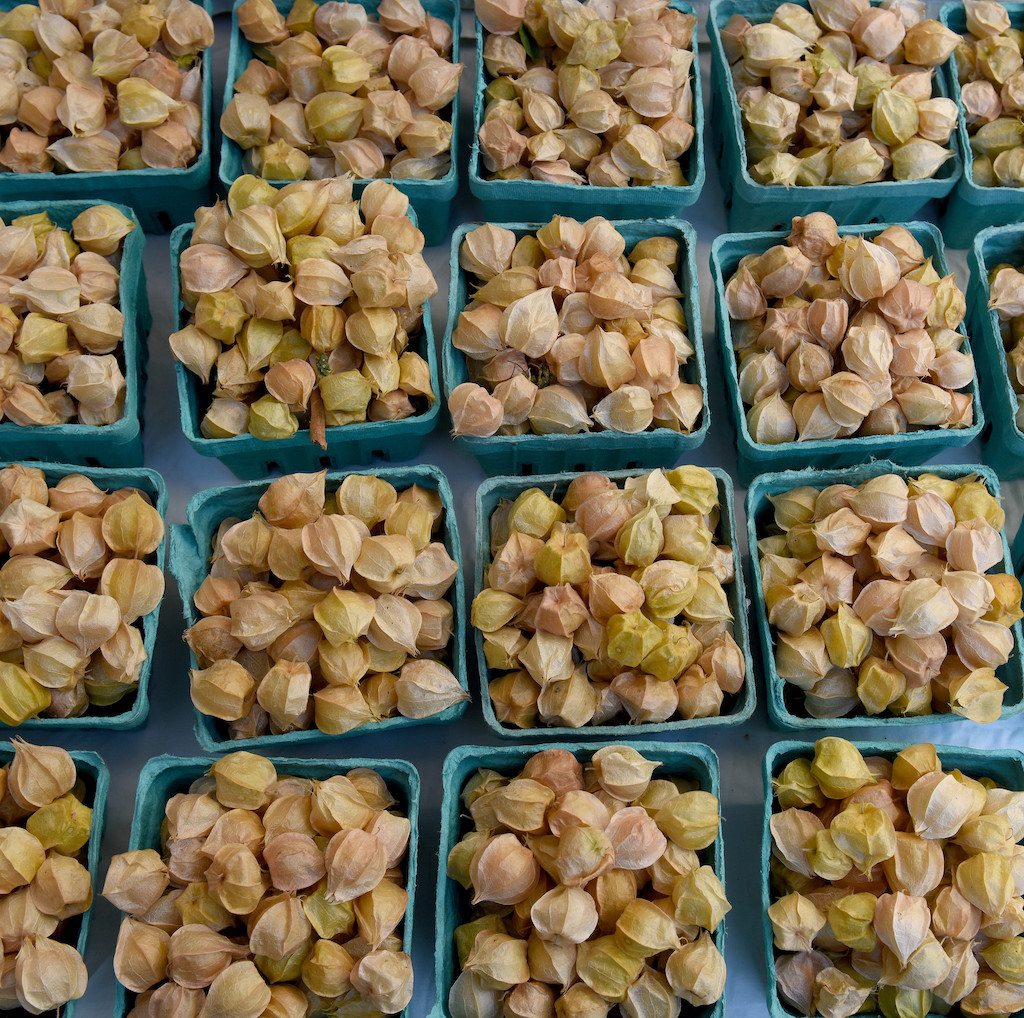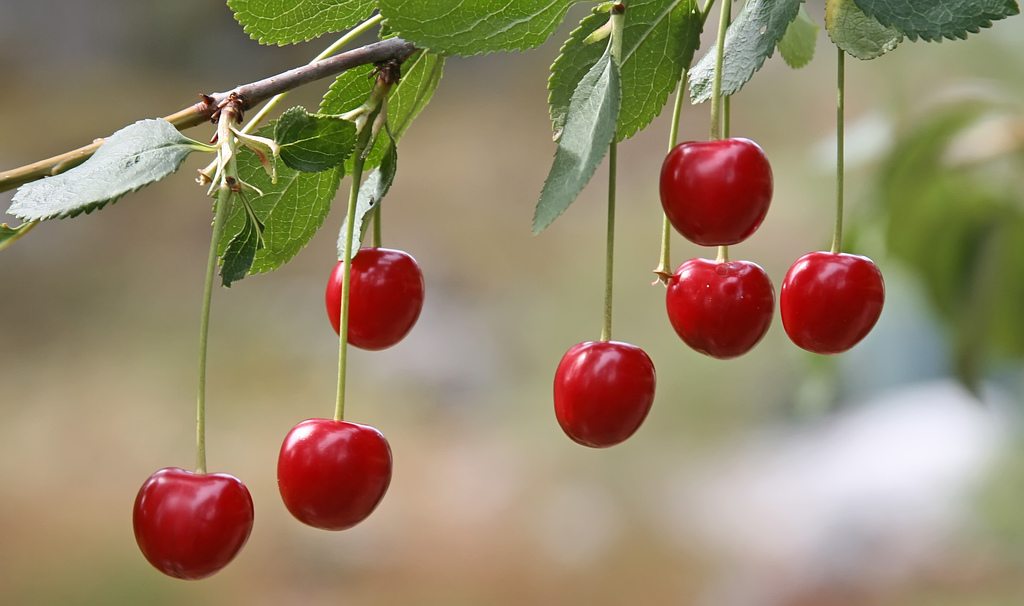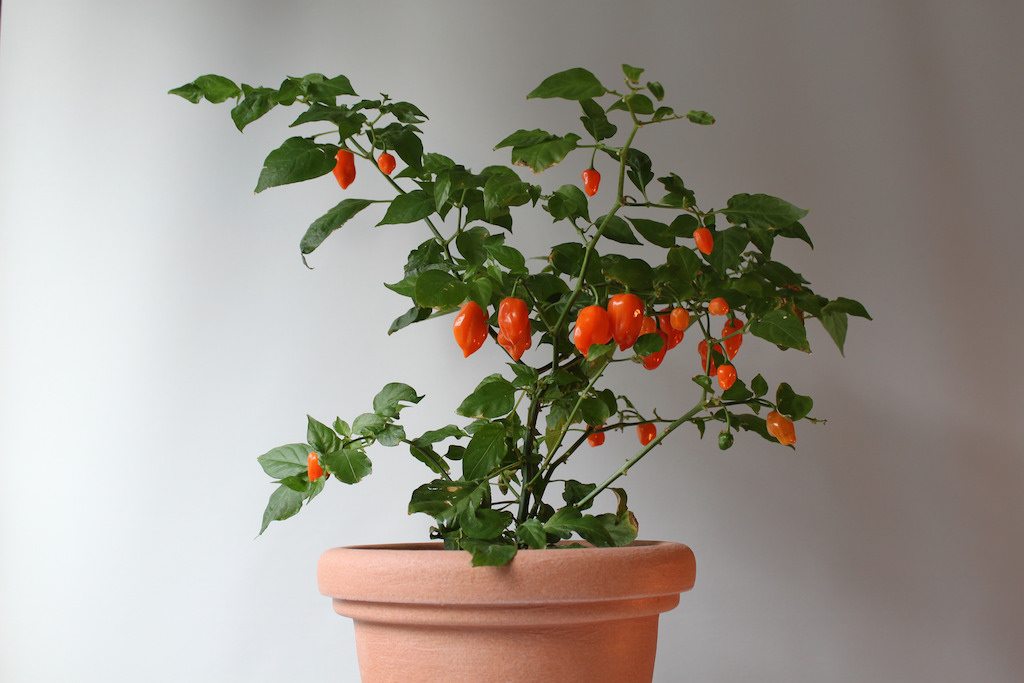Government officials secretly planned a Tyson plant in Kansas. But then the town of Tonganoxie heard about it
The plant would process 1.25 million birds a week in a town of 5,000. Community members said no thanks.
By Claire Brown | Read more
The whiter the bread, the sooner you’re dead. As the General Assembly convenes this week in New York City, the results of a series of five studies funded by the Bill and Melinda Gates Foundation, among others, reveal that the global diet is one of those intractable problems that also appears to be killing us at a rate of one in five. Read more.
—Kate Cox
Rile ’em up with a Roomba. The poultry industry has automated rapidly in recent years. From cloud-based feeding systems that can monitor and calibrate chicken scratch in real time to hulking robo-butchers ready to debone a chicken breast in 2.5 seconds, there’s been an emphasis on replacing manual labor with ever-sleeker (and more expensive) technology.
Many of these machines are designed to do the dirtiest, most backbreaking jobs—from the removal of built-up manure to the slaughter itself—allowing production and processing to move at a frenetic pace beyond anything flesh-and-blood people could accomplish. But a cute, French farm robot that debuted at last week’s SPACE conference is designed to displace human participation in a far more mundane aspect of the poultry business. It’s taking aim at the “walkthrough”: the way poultry growers might occasionally walk through their flocks, gently riling up the birds. Read more.
—Joe Fassler
Just the one-liners
In case you missed it from the New York Times this weekend: “How Big Business Hooked Brazil on Junk Food.” Spoiler alert: Nestlé is involved.
Here’s a new one: A pizza startup has invented its own cryptocurrency to give its workers equity…kind of. Grub Street has the story.
Students in Italy have developed a vegan hard-boiled egg, Food Navigator reports. It’s cholesterol-free.
Poultry inspectors check more than 2 birds per second. The industry wants them to work faster
By law, poultry processing plants can run their slaughter lines at 140 birds per minute. Now the National Chicken Council has petitioned to waive speed caps entirely, a move with labor and consumer health implications.
By Joe Fassler | Read more





